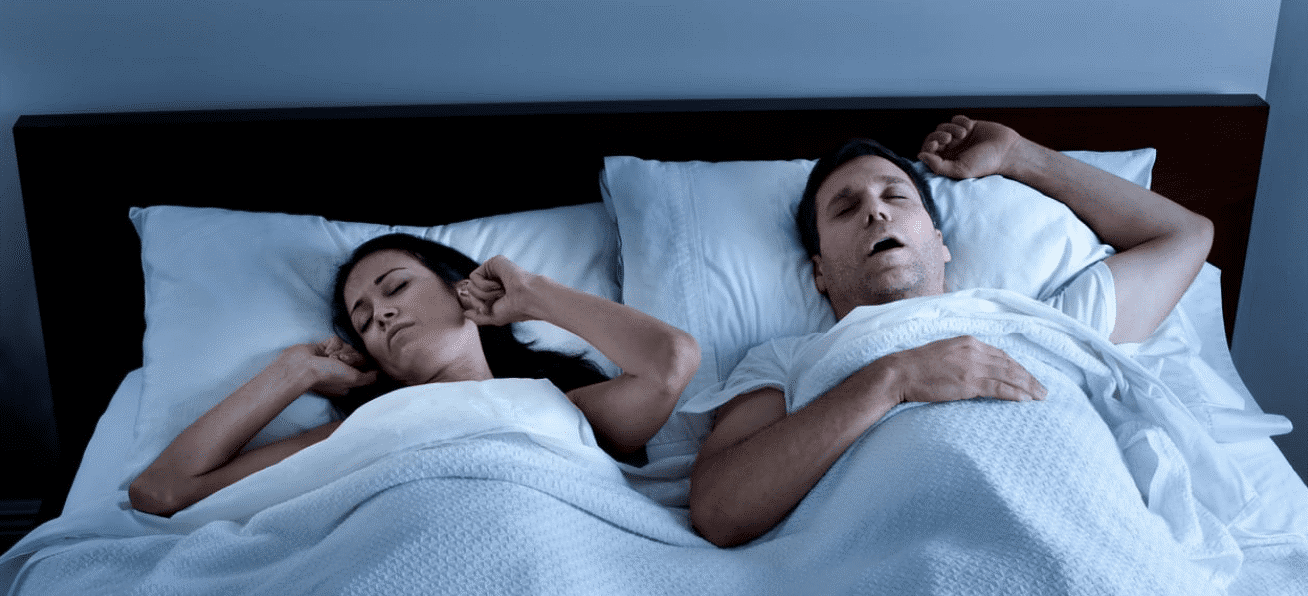Table of Contents
Is Sleep Apnea a Nuisance or a Grave Problem?

Sleep apnea symptoms are more than just a nuisance — it is a warning sign. According to Jennifer May, a seasoned Clinical Neurophysiology, long-term and undiagnosed sleep apnea can lead to several worse medical issues. Despite the risks, people still avoid getting a sleep apnea test and treatment. According to American Association for Respiratory Care, about 10 million Americans have sleep apnea, but do not know it.
Reaching A Diagnosis – what causes sleep apnea?
If you, your spouse or your doctor decide you should be tested for obstructive sleep apnea treatment, one of the first steps may include a sleep study. According to May, our brainwave patterns change as we fall asleep. During a sleep study we can notice the distinct changes for different sleep stages.
For example, we have rapid eye movement (REM) sleep and our bodies are rather paralyzed during this stage. Our muscles relax, and therefore we do not move. Sleep apnea can be worse in different stages, like REM sleep because of the relaxed muscles.
Your body’s oxygen levels dip slightly during the pause in breathing even though they could drop more significantly if the sleep apnea is severe. One of the outright signs of sleep apnea is snoring.
May suggest that with snoring, you might just have more issues with your sinuses. However, snoring is also an indication of a blocked airway and thus it would be prudent to obtain a sleep apnea machine.
Treatment Has Come a Long Way
Can sleep apnea kill you? No! with proper sleep apnea diagnosis and treatment you can get rid of the problem within a short period. Getting treated provides one major lifestyle benefit – it gives you more energy.
Treatment for mild sleep apnea may comprise of measures as simple as sleeping with a pillow that forces you into positions that enhance airflow or using an oral appliance to open your airway.
CPAP in Apnea Treatment
 A CPAP is considered the gold standard of sleep apnea treatment. It connects a mask to a tube that utilizes positive pressure to force the airways to stay open. During your sleep study, your sleep technologist will establish the right pressure limits for your CPAP.
A CPAP is considered the gold standard of sleep apnea treatment. It connects a mask to a tube that utilizes positive pressure to force the airways to stay open. During your sleep study, your sleep technologist will establish the right pressure limits for your CPAP.
CPAP technology has come a long way. Do you recall the days of storing a clunky machine the size of an industrial vacuum cleaner next to your bed? Nowadays, these machines are small enough to fit on your nightstand. Perhaps most importantly, they are quieter.
Surgery
For more serious cases, surgery may be an ideal option. Surgical procedures include having your tonsils removed to moving your lower jaw forward. A new surgical treatment imbeds a nerve stimulator that arouses your tongue muscles during sleep to force your tongue forward to keep your airway open and reduce sleep apnea.
You wake up more rested because your sleep is not interrupted during the night. Your spouse will appreciate it, especially if he or she is not getting much sleep because of your rigorous snoring.



 Shop
Shop



